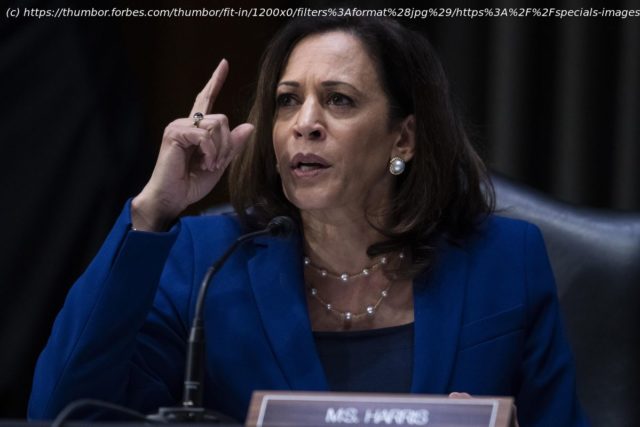There is no escaping the fact that Senator Kamala Harris built her political career on her record as a prosecutor. In that position she oversaw the arrest and prosecution of thousands of people, mostly young people of color, for marijuana and other drug offenses.
Disclaimer: When Kamala Harris was chosen as Joe Biden’s running mate last week, I couldn’t help but notice a sharp divide among supporters of marijuana policy reform on social media about the impact she would have on the issue. Many felt that her background as a prosecutor and longtime opposition to legalization before coming around in recent years meant that she was likely to revert to her past stance and echo Joe Biden’s lackluster position on the issue, effectively blocking any real chance of reform in the next four years. Others argue that her newfound support of the issue and sponsorship of key reform legislation provided hope that she could be the catalyst to federal legalization in a Biden administration. Virtually nobody seemed to find a middle ground. So I decided to take this to its natural extreme, writing two columns at once that make the case for both sides. To read the case for why Senator Harris is the best thing to happen to marijuana since the THC receptor, click here. Kamala Is A Cop. No matter how excited Democratic voters may be about having the first woman of color on a presidential ticket, and no matter how liberal her Senate voting record may be, there is no escaping the fact that Senator Kamala Harris built her political career on her record as a prosecutor. In that position she oversaw the arrest and prosecution of thousands of people, mostly young people of color, for marijuana and other drug offenses. That record has her selection as Biden’s running mate being roundly criticized, and not only by progressives who see her history as a “law-and-order” prosecutor and record of fighting to uphold wrongful convictions while in office. Conservatives, particularly libertarian leaning Republicans who have long been supportive of criminal justice reform have been harshly critical of her support for prosecuting so-called “quality of life” crimes that generally involve low level non-violent offenses like marijuana charges.






